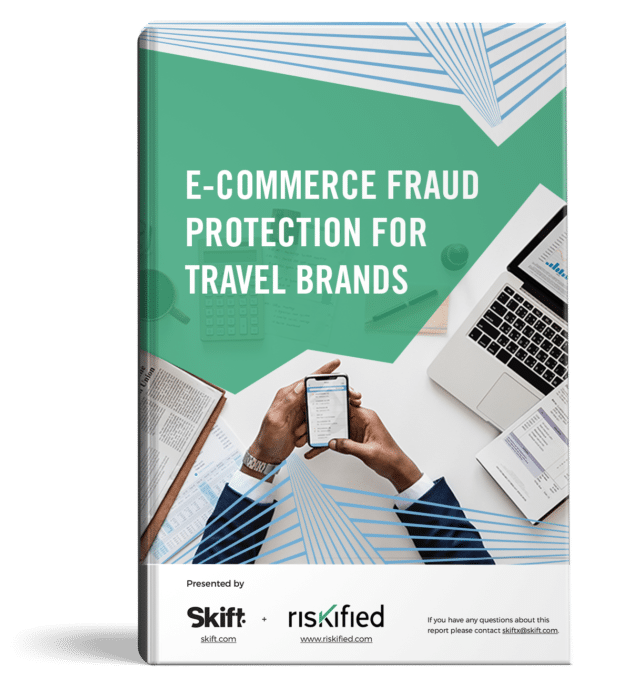Digital purchases make up a critical and growing share of travel industry revenue. According to one recent estimate, worldwide digital travel sales will surpass $676 billion in 2018. But despite these optimistic e-commerce forecasts, all is not well. In fact, a growing problem threatens to destroy the industry’s hard-won digital gains: e-commerce fraud. One recent estimate of the airline industry found that e-commerce fraud cost the sector nearly $900 million a year, with roughly 75 percent of those costs borne by the airlines themselves. In the OTA sector it’s even higher: another forecast predicted OTA fraud would grow by 24 percent between 2017 and 2020, costing more than $10.9 billion worldwide by 2020.
However, the strategies used by most travel businesses to fight fraudulent transactions actually make the problem worse, not better. Many travel businesses rely on outdated, rigid, labor-intensive fraud prevention protocols that are leading to a growing number of “false declines,” legitimate purchases that are wrongly rejected due to suspected fraud. The result of these inefficient fraud-detection safeguards is a problem that is much costlier than fraud itself. As if this lost revenue isn’t bad enough on its own, inefficient fraud-prevention systems also slow down transaction processing times and increase operational costs for staff that must manually review uncertain purchases.
In the face of such complicated, costly, and persistent fraud problems, many travel companies are rightly on the lookout for a more effective and money-saving approach. In this challenging environment, machine learning has emerged as a promising solution. The robust pattern-matching abilities of the technology provide travel merchants with a more flexible, contextual, and scalable fraud detection system, improving the accuracy of e-commerce fraud detection and boosting transaction approval rates. The result is that the use of these next-generation systems can lower operational costs, boost revenue and empower travel businesses to thrive in the highly competitive travel market with greater confidence and efficiency in the process.

The report will be emailed to you shortly, be sure to check your inbox. If you have any problems accessing the report, please reach out to [email protected].


